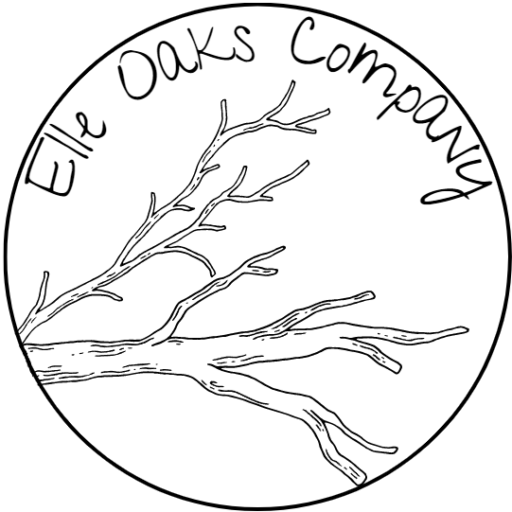If you are in the process of leveling up your writing skills, this is a sure sign that you are in the right place. Agents and reviewers often talk about how disconnected or disappointed they are when the characters have no agency. But what exactly does that mean? We’ll explain what it is and how to make sure you give your character’s agency to create a captivating story for any and all audiences.

What is agency?
First, let’s define it. Agency is defined by Merriam Webster as “the capacity, condition, or state of acting or of exerting power.” This can be used to refer to character, plot, or other elements of the story. But we want to focus on agency related to the character, the protagonist in particular.
But why just the main character?
In honesty, a story can be told without the protagonist having any agency as to the direction the story is going.
Examples
Perhaps there is a storm that sends the main character from their home. Maybe a king threatens the main character to go on a quest. Or an evil monster forces the protagonist to take up arms to save their village.
These all sound like goods ideas, right?
Well, maybe or maybe not. But a story comprised of all three? Now it just seems like the MC is having a streak of bad luck.
Why? Because in each scenario described, the protagonist does not have agency. The protagonist is not making decisions, exerting power, or is capable of doing anything other than that which another force is willing them to do. The MC has no choice. This doesn’t necessarily make for a bad story. But it does hinder the audience from being properly immersed and getting to know the character properly.
Implementation of Character Agency
Now let’s switch up these examples so the protagonist has some agency.
- The MC notices clouds, puffy and grey, forming in the distance. They understand a storm will head straight for their village so now they must spread the word so all can prepare.
In this example our character is acting of their own accord to meet the conflict head on. They are motivated by the conflict because they wish to protect their village and the people within. This tells us the character is compassionate, loyal, and thinks ahead in situations to avoid danger.
2. The king has taken many individuals prisoner, believing they have stolen his crown jewel. He threatens to execute them one by one until someone confesses. The MC knows none of those accused did it, so they pledge to the king to go on a quest to find his crown jewel so he will spare the innocents, his brother among them.
In the scenario, the protagonist still finds themselves in the grip of the king. However, they make the choice of how to move the plot forward. That is the entire point of agency, giving the character a way to move the plot.
3. An evil monster stalks toward the village and is destroying all in its path. The MC decides rather than run and abandon the family’s mill, built several generations past and the cornerstone of their family’s income, they will fight the monster and bring it down before any more destruction occurs.
Again, the evil monster is acting and exerting its power, but the MC chooses how they wish to deal with it. This tells us a lot about their character and what motivates them, allowing the audience the opportunity to relate and root for our protagonist.
Conclusion
Giving your character agency in the story better allows for immersion and also centers some of the plot around their character growth, which is just as important as resolving conflict. Rather than events just seemingly happening time and again, the MC gets to dictate how we move forward, and as the audience, we get to join them on what should be a fun and exciting, and also probably treacherous, ride.
So remember, if an agent or reviewer says the characters have no agency, it usually means they feel the characters are victims of circumstance as opposed to carving out their own paths. We want the characters to lead the story, not just be pulled along.
Tip: If you outline, identify your protagonist’s motivations before you begin drafting. This will help give a clearer image as to what they want and those things that stand in their way of achieving said wants.
Thanks so much for sticking around until the end! If you want to support us in any way, consider buying our books! Click here!


